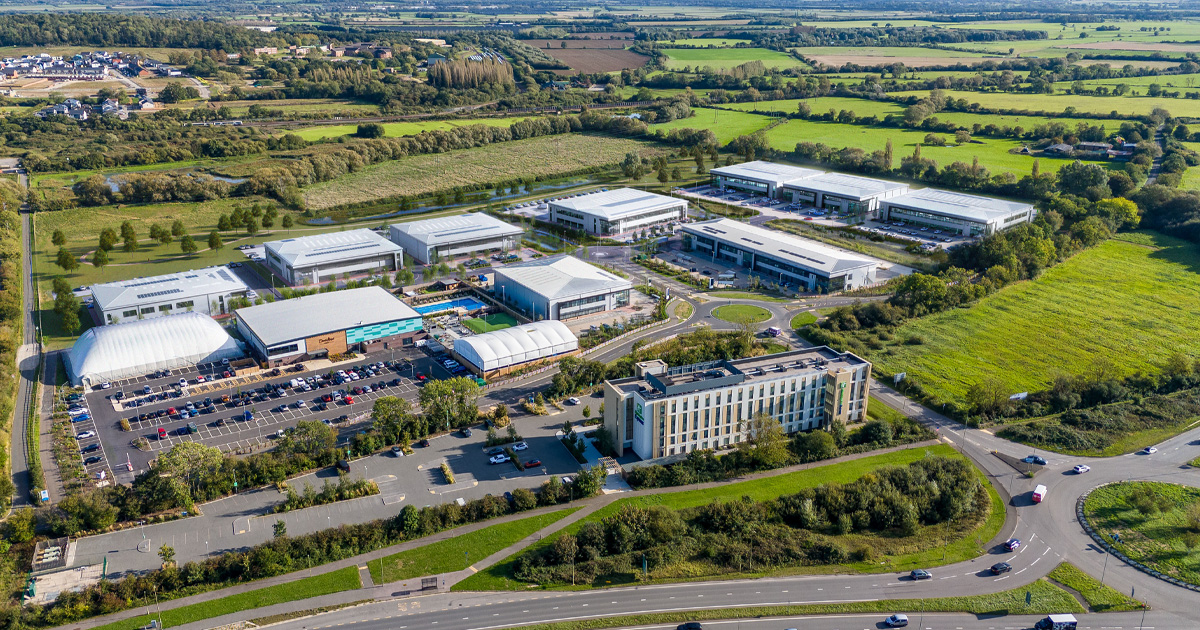Powering Up: streamlining EV infrastructure projects

The Government and National Energy System Operator (NESO) continue to look for ways to chip away at some of the obstacles preventing the expansion of the UK’s EV charging infrastructure, a critical factor in the UK’s transition from petrol/diesel cars to zero-emission vehicles (ZEVs).
The Government will, on 29 May 2025, introduce Permitted Development rights removing the requirement to obtain planning permission for substations serving ultra-rapid charging hubs in England following consultation with industry leaders from Osprey, ChargeUK and ubitricity.
This is, of course, just one piece of the EV infrastructure puzzle for developers alongside borrowing and construction costs, planning applications for the EV charging hubs themselves as well as, crucially, obtaining a Grid offer.
This move forms part of a wider trend which seeks to support the shift to EVs in the UK.
The tariffs imposed by the US on UK car sales (initially 25%, subsequently reduced to 10% for the first 100k car sales per year) shook the UK’s car manufacturing industry, a key component of the Govt’s ZEV and net-zero targets. In response, the Govt relaxed its zero-emission vehicle (ZEV) targets to allow sales of hybrid cars and internal combustion engine vans through to 2035. The Govt says this prevented the loss of thousands of jobs in UK car manufacturing, which would have significantly hampered the ability to hit the Govt’s ZEV and net zero targets.
Obtaining a Grid offer remains one of the key challenges for all EV infrastructure projects. Earlier this year, NESO paused all new Grid connection applications from 29 January 2025 as part of its plans to reform the Grid connections process (one of the biggest roadblocks to implementation at present), which is expected to be rolled out later this year.
NESO’s Clean Power Action Plan would see Grid offers prioritised for projects that are ‘ready’ and ‘needed’ which is expected to significantly accelerate the connections process – a timely and critical development as part of the patchwork of measures which will form part of the UK’s transition to net zero.
All these steps continue to move in the right direction and reflect positive data around consumer confidence in EVs. The next step will be to introduce incentives – particularly for fleet and commercial operators – to make the switch as well.
Subcribe to news and viewsGood news for England's EV infrastructure, as substations for ultra-rapid charging hubs become Permitted Development from 29th May - thanks to legislation laid in Parliament last week
https://www.linkedin.com/company/ospreycharging/posts/?feedView=all




